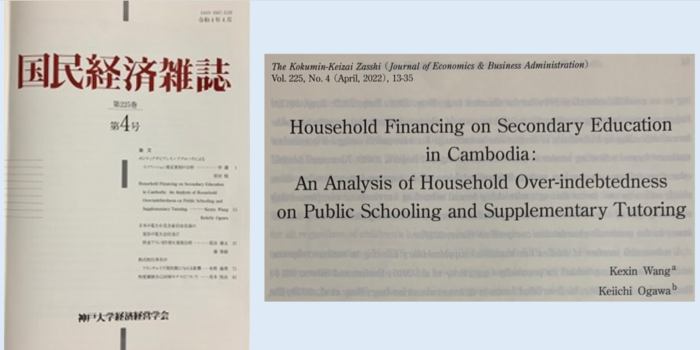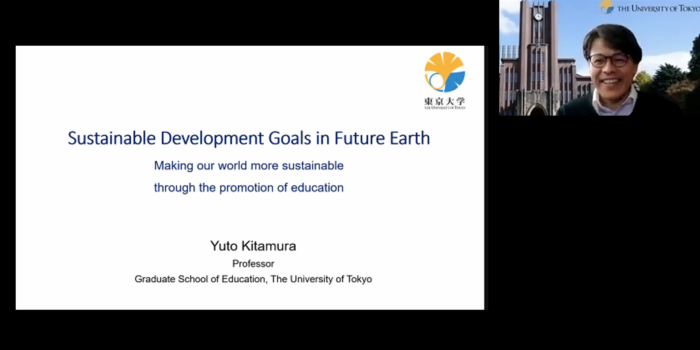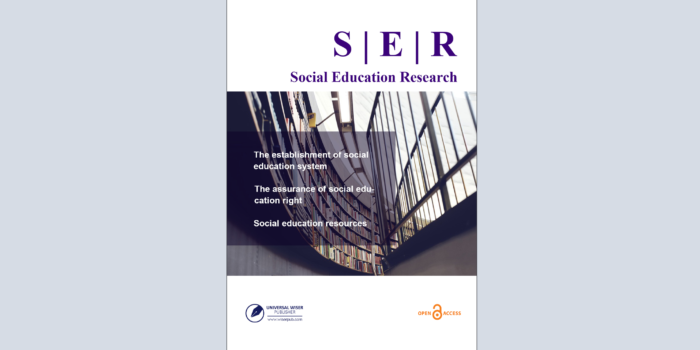I conducted internship at the Office of the Prime Minister (OPM) in Uganda from August 4th to October 3rd, 2014. I was attached to the Department of Monitoring and Evaluation under the supervision of Dr. Albert Byamgisha, who is the Commissioner Monitoring and Evaluation. Before going for the internship, I had two objectives and these were; to gain more knowledge and deeper understanding of the relationship between teacher’s characteristics and students’ reading achievement in Uganda’s primary education and to take part in education policy analysis.
 While at the Office of the Prime Minister, I carried out four tasks and these are: (1) assisted with research activities conducted by education experts in OPM; (2) interviewed education experts from the Ministry of Education and Sports in Uganda; (3) analyzed Early Grade Reading Assessment (EGRA) data; and (4) took part in support supervision activities implemented by RTI International.
While at the Office of the Prime Minister, I carried out four tasks and these are: (1) assisted with research activities conducted by education experts in OPM; (2) interviewed education experts from the Ministry of Education and Sports in Uganda; (3) analyzed Early Grade Reading Assessment (EGRA) data; and (4) took part in support supervision activities implemented by RTI International.
Regarding the first activity, I conducted trend analysis of the performance of the education sector over a five year period based on selected performance indicators and assisted drawing policy implications. In addition, I reviewed documents on the performance of all education sub-sectors and participated in writing the Government Annual Performance Report (GAPR) for Financial Year 2013/14.
Secondly, I interviewed national and international education experts in Uganda in order to understand issues concerning teachers and students’ learning. Specifically, I interviewed the commissioner for Pre-Primary and Primary Education at the Ministry of Education and Sports (MoES), officers of Uganda National Teachers Union (UNATU), and officers of School Health and Reading Program (SHRP) lead by RTI international. In addition to responding to my questions, they kindly introduced me to key persons and information resources related to my research.
Thirdly, I analyzed secondary data called EGRA in order to examine the correlation between teachers’ characteristics and students’ reading achievements in primary schools. RTI International collected this data in 2013 as one of the key activities of SHRP. School Health and Reading Program has been in implementation from 2012 to 2017, with the aim of improving the reading ability of children in early grades and health seeking behaviors in public primary and post primary schools.
 Finally, I participated in support supervision activities of SHRP. The objectives of the activities were to investigate the present situation of the treatment schools and to provide support supervision for teachers. The implementers consisted of RTI International staffs and local education officers such as District Education Officers (DEO), District Inspectors of Schools (DIS), and Center Coordinating Tutors (CCTs). I visited two primary schools in Wakiso district and a primary school in Katakwi district with a staff of RTI International and CCT. In each school, we interviewed the headteacher and teachers who are in charge of reading and English class in P1 and P2 using a questionnaire and confirmed the lesson plans of the day. We then, observed lessons using evaluation sheet and gave feedback to the headteacher and teachers.
Finally, I participated in support supervision activities of SHRP. The objectives of the activities were to investigate the present situation of the treatment schools and to provide support supervision for teachers. The implementers consisted of RTI International staffs and local education officers such as District Education Officers (DEO), District Inspectors of Schools (DIS), and Center Coordinating Tutors (CCTs). I visited two primary schools in Wakiso district and a primary school in Katakwi district with a staff of RTI International and CCT. In each school, we interviewed the headteacher and teachers who are in charge of reading and English class in P1 and P2 using a questionnaire and confirmed the lesson plans of the day. We then, observed lessons using evaluation sheet and gave feedback to the headteacher and teachers.
In conclusion, I really benefited through this internship as it was a precious opportunity for me to learn how education statistics work for actual policy decision-making and policy documentation. In addition, I was able to listen to the opinions and views of education experts, teachers, and pupils in Uganda. This was very important because it helped me to fill a gap between my research hypothesis and current situation of teaching and learning in Uganda. In addition to learning new research methods and using questionnaire, I could learn how to involve the local community in the implementation of education development projects.
Finally, I would like to express my sincerest gratitude to my academic advisor, Prof. Keiichi Ogawa who kindly encouraged me to take up this precious internship opportunity. I wish to say special warm thanks to Dr. Byamgisha Albert and Mr. Richard Kabagambe-Tureebe all officers from the Monitoring and Evaluation department in Office of the Prime Minister for their kind support and guidance during the internship. I extend my gratitude towards Dr. James Wokadala, a lecturer of Makerere University, Mr. Jeje Moses Okurut and Mr. Katsuki Sakaue, who are doctoral students in Kobe University’s Graduate School of International cooperation Studies (GSICS) for their encouragement and motivation to learn and gain experience during the internship.
Ryosuke MATSUURA
Master Student
Related








